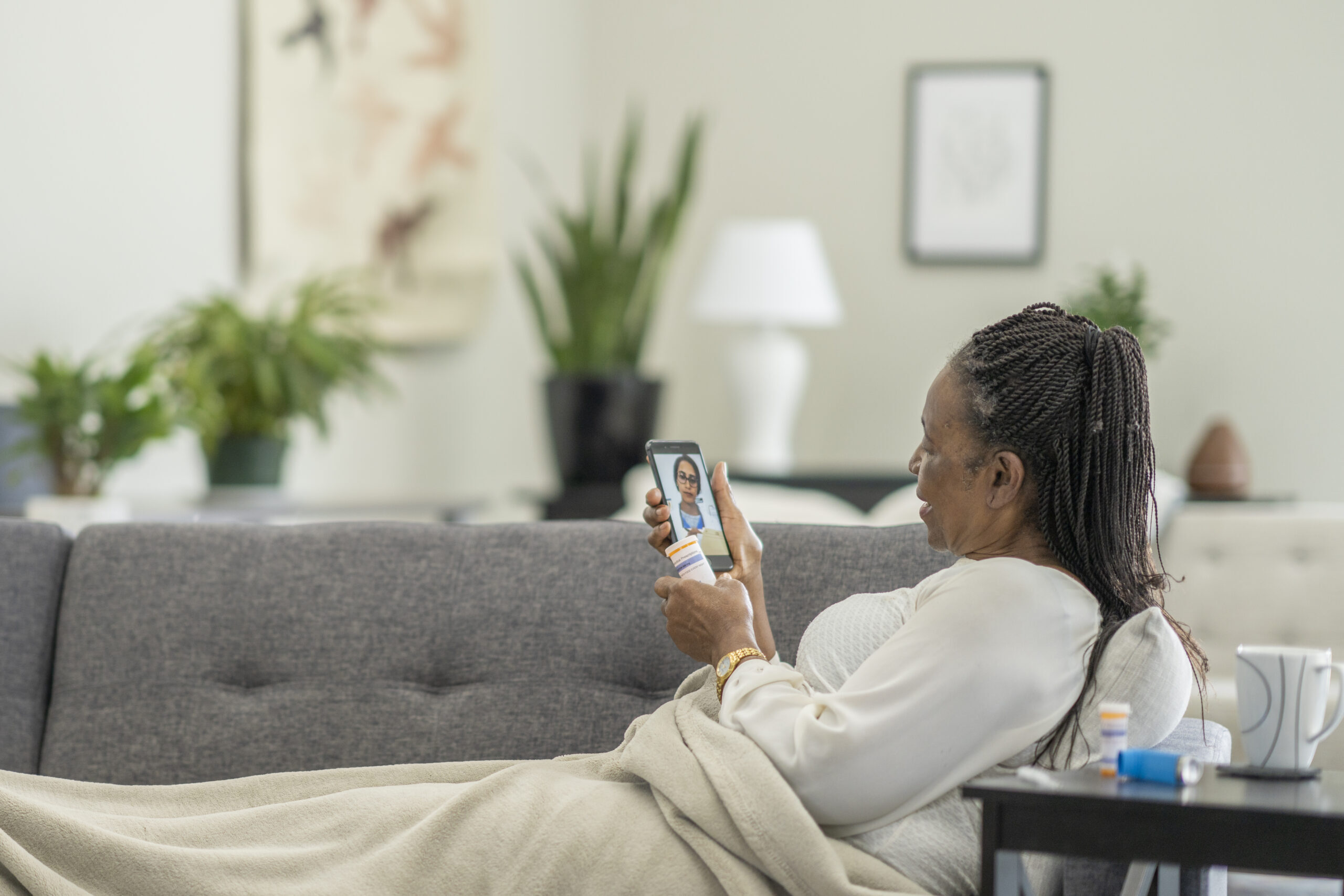Recognizing World Mental Health Day: How Telehealth Has Revolutionized Treatment for Mental Health
Today is World Mental Health Day, which is dedicated to mental health education, awareness and advocacy against social stigma. Millions of people worldwide are affected by mental health conditions; an estimated 1 in 4 adults in the U.S. suffer from a diagnosable mental disorder in a given year. Mental health care is increasingly essential for the world’s population and telehealth has risen as a crucial tool in improving access for patients and revolutionizing treatment plans.
Telehealth usage for all avenues of healthcare skyrocketed during the COVID-19 pandemic, including mental health care. In fact, telehealth claims for mental health diagnoses accounted for more than 51 percent of all mental health claims in April 2020. In the four years since then, telehealth continues to be used for mental health treatment. Recent research shows that mental health services continue to rank highest among the specialties still using telehealth widely and have a higher-than-average telehealth use.
About 25 percent of Medicare beneficiaries have a mental illness, such as depression, anxiety, schizophrenia or bipolar disorder, but only 40-50 percent receive treatment. Telehealth is a solution to bridging the gap in mental health care and empowering more patients with access the care they need.
Importantly, virtual mental health care minimizes stressors that can exacerbate mental health conditions. For example, telehealth allows patients to access care from home, providing patients with a comfortable, familiar care setting. A recent study found that participants reported being in the comfort of their own homes made them feel more at ease during their appointments because they felt greater privacy and were more relaxed and able to express themselves with their physicians – especially when it came to discussing sensitive topics like mental health.
Patients also appreciate telehealth’s convenience as opposed to in-person visits. Research shows that long-wait times, lack of transportation, limited availability of appointments and work-related issues as the biggest barriers in accessing in-person healthcare and often cause elevated levels of stress when trying to access care. Telehealth enables patients schedule appointments around their own schedules, when and where it is most convenient to them.
Virtual care also improves treatment outcomes. According to a recent study by the Substance Abuse and Mental Health Services Administration, virtual mental health care improves treatment engagement, care retention, and patient satisfaction, leading to improved long-term health outcomes.
On the benefits of virtual health care, a patient from New Jersey said, “I started working with my therapist during the height of the pandemic and have yet to meet her in person. I have a great therapeutic relationship with her, but due to my busy schedule, it is so much easier for me to meet with her via Zoom rather than going into an office. She can hold me accountable in all the same ways for my recovery, and I have yet to run into an issue. In fact, in some ways it has been even better being online, as we use different online tools to stay connected during the week.”
Telehealth also allows patients to choose the provider that works best for them, without distance barriers or navigating visiting multiple different office locations, which can be critically important in choosing the right psychologist or physiatrist. A 2022 Healthline survey found that 48 percent of respondents met with two or more therapists before finding one that fit their needs.
The current Medicare flexibilities that allow many patients to access virtual care expire in less than 90 days, leaving millions of patients at risk of losing the essential access to mental health care services and more. Congress must address the mental health care crisis that faces us and protect patient access to virtual care before it’s too late.
Learn more about how Congress can act now to safeguard access to telehealth HERE.

